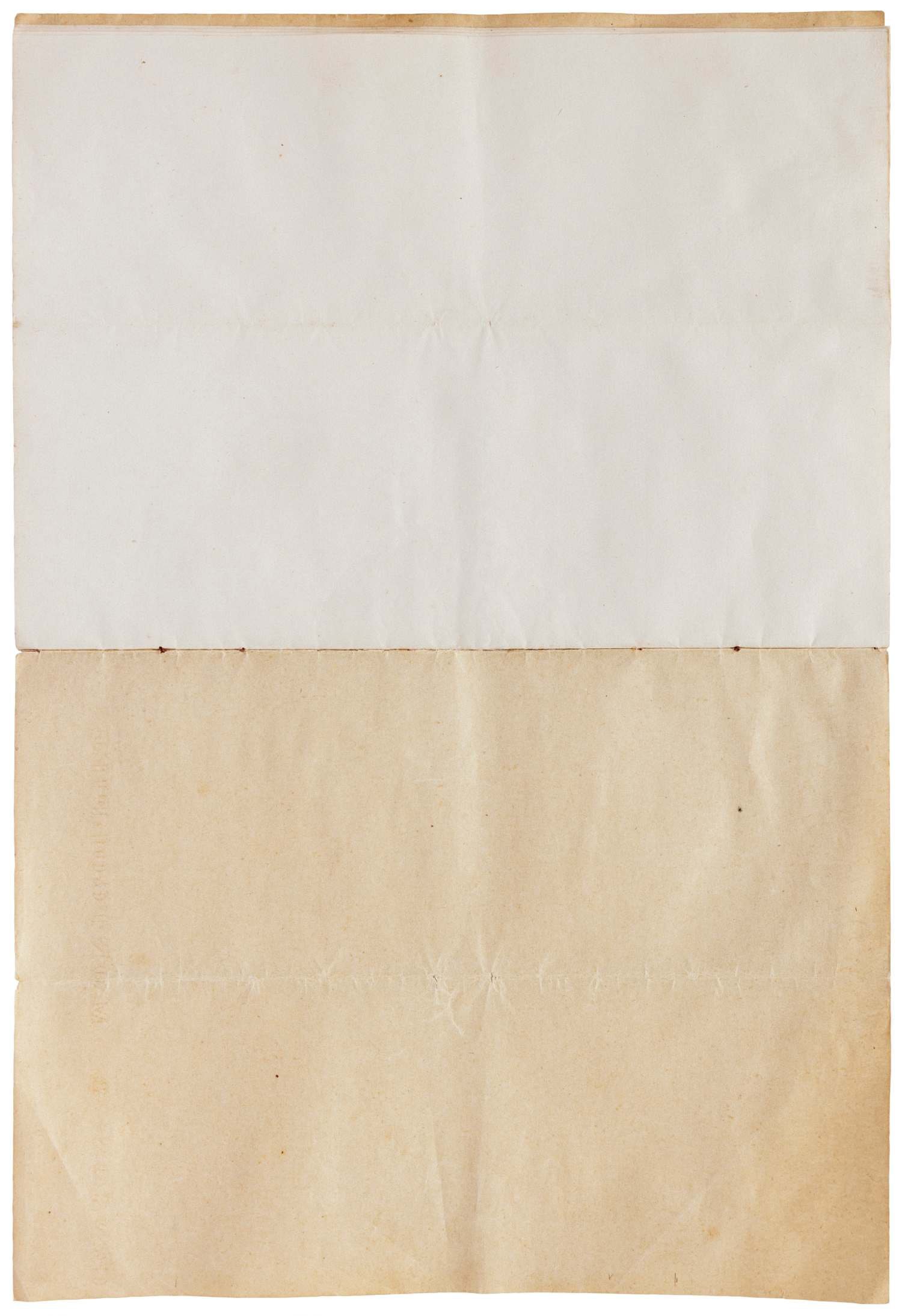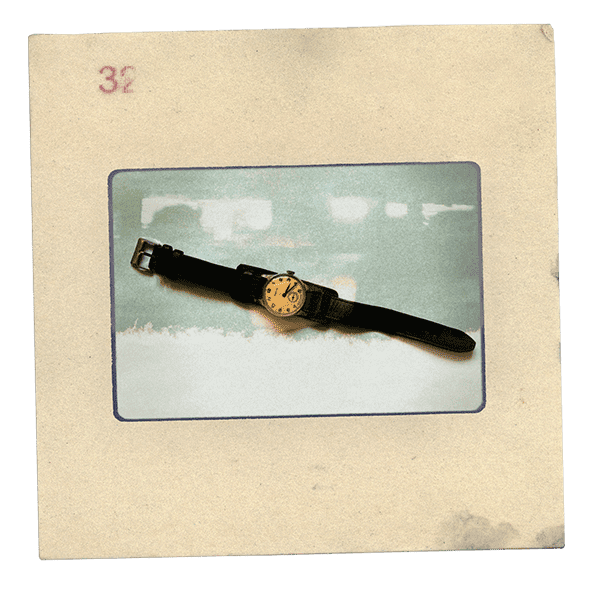

A thing that reminds me that there are only watch hands left of my grandfather
This is my paternal great-grandfather Oleksandr's watch, a 1950s “Pobeda”, which for some reason my father gave to me out of three sons. It was purchased in Tokmak, the family's ancestral home. Looking at it, I recall photos of this city from our album with its Odesa-style Jewish signs like “Someone & Sons”. It reminds me of family clustering like in a beehive.
In Paolo Sorrentino’s “The New Pope”, there was a line from a watchmaker: “I don’t have much work. People don’t fix old things anymore. They just buy new ones.” This seems very important to me — as if by turning away from things, we leave them to die. I decided that the “Pobeda” needed to be fixed up, the strap and the mechanisms replaced. Apparently, this was a mistake: the clasp of the new strap did not hold tightly, the watch fell onto the asphalt, its glass, rough to the touch, cracked, and it stopped. Apart from the dial and the glass, the watch had nothing of its original, as they say, primordial elements. If I replaced those as well, would it still be my great-grandfather’s watch, or would it be mine? Wouldn’t this be an example of the well-known paradox of the ship of Theseus — would the ship still be itself if all its components were replaced
Of course, the “Pobeda” can be repaired, but I wear the watch as it is, without covering the cracks with a shirt or jacket. Seems right to me this way.

